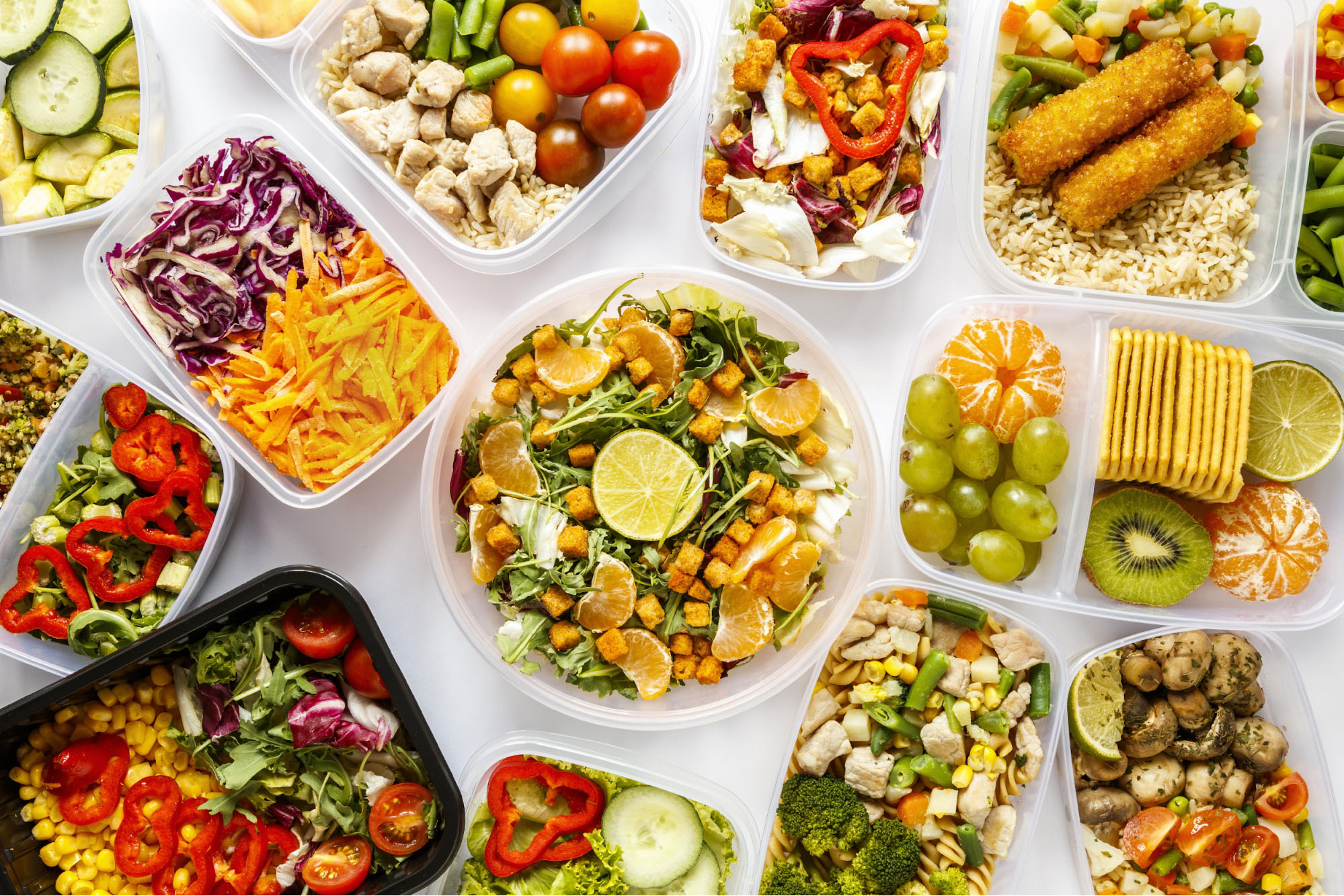HIGHLIGHTS
20 December 2020
5 yoga poses for couples to Enhance your relationship with your partner, level up your happiness in bed.
READ MORE20 December 2020
7 the procedure takes care of yourself and the wife before collecting eggs-collecting sperm.
READ MORE20 December 2020
Protein, a key nutrient of a woman, preparation for pregnancy- preparation for an egg collection.
READ MORE
Why Is It Important for a Health Check Up for Both Male and Female Before Getting Pregnant?
READ MORE
Destination IVF: Why Bangkok is a Premier Choice for International Patients Seeking Fertility Treatment
READ MOREWhat foods to eat before having ICSI treatment
 28 Apr 2022
28 Apr 2022

In about half of the cases where a couple is unable to conceive naturally, the problem may be due to male infertility. For couples determined to ensure that genetic link and unwilling to involve a sperm donor, intracytoplasmic sperm injection (ICSI) may be the best solution.
What is ICSI?
ICSI treatment is a medical procedure undertaken in the course of in vitro fertilisation (IVF). It involves the direct injection of a single live and healthy sperm into the centre of the retrieved woman’s egg. This procedure is done under lab settings. This allows for better control over the fertilisation process as care is taken to ensure only the best sperm is used.
The embryologist will take the collected sperm sample from the male and take it through a centrifugal process that helps separate healthy sperm from dead sperm and other debris. He will then examine the healthy sperm to determine those with the best morphology and progression or motility. These characteristics relate to the shape and movement of the sperm.
Having chosen the healthiest sperm, it is then time to inject them into suitably matured eggs retrieved from the woman. The sperm is collected into an ICSI needle and the egg is held using a holding pipette. Through some light suction exerted on the egg, it is positioned in such a way as to allow for the ICSI needle carrying the sperm to be properly aligned and penetrate the egg’s membranes to reach the ooplasm. A small amount of the ooplasm is sucked into the needle to mix with the sperm before the contents are released into the egg. This procedure is repeated with each egg and a selected healthy sperm.
When Is ICSI Prescribed
ICSI is used where male infertility is identified as a contributing factor to a couple’s inability to conceive and carry a successful pregnancy. The male may be suffering from any number of infertility problems including:
- Having a very low sperm count
- Having sperm that are abnormally shaped or have poor motility
- Have a blockage or undergone a vasectomy that prevents the natural release of sperm, hence the need for surgical retrieval of the sperm
- If using a frozen sperm sample that may have limited healthy sperm
- If there is a need for genetic screening of the embryo during which having sperm sticking on the outside may interfere with test results
- If mixing of eggs and sperm was previously done during other IVF cycles with few eggs becoming successfully fertilised
Undergoing ICSI does not guarantee that fertilisation will occur. Other factors can affect the likely success of this procedure including maternal age, and egg and sperm quality. Therefore, to help boost chances of success, the man will need to try and ensure good sperm quality. Studies have shown that when men adopt a healthy diet, it can have a positive impact on IVF success. Here is some dietary advice for men that may aid in this.
Dietary Advice for Men
A study in Brazil found that sperm concentration was negatively influenced by high body mass indexes (BMI) and alcohol consumption. Sperm motility was also negatively influenced by smoking, BMI, and alcohol consumption. These factors were however positively influenced by a diet rich in fruits and cereals.
Coffee drinking was also found to be linked to lower fertility rates in men. Men who ate a lot of red meat were also found to have lower implantation and pregnancy rates.
It is therefore important for men undergoing ICSI to prepare for the procedure by making good lifestyle changes that include achieving a healthy weight, limiting alcohol and coffee consumption, and ceasing smoking. In terms of diet, there are better benefits derived from reducing red meat consumption and eating a diet rich in fruits and cereals. By absorbing certain vitamins, minerals, and amino acids, men with infertility issues may be able to maintain or improve their semen quality.
For a more detailed dietary guide for men:
- Consume at least five portions of fruit and vegetables daily.
- Opt for wholegrain cereals and potatoes rich in fibre for carbohydrates.
- Limit your intake of red meat and ensure it is lean meat. Since you still need protein for each meal, include healthier alternatives like eggs, oily fish, and pulses like beans.
- Choose low fat and low/no sugar dairy products
Be considerate of your portion sizes to help with weight loss where your BMI is high. Try to enjoy a varied diet to ensure a good range of the required nutrients that will help in healthy sperm production. Some of the vital vitamins and minerals to focus on include:
Vitamin D
Vitamin D may help in improving sperm motility. Men found to have vitamin D deficiency often have low sperm motility. It is best sourced from exposure to sunlight, but can also be absorbed in smaller amounts from a diet rich in oily fish, eggs, and fortified cereals. Supplements can also be used.
Selenium
This mineral may help to improve sperm health. Studies indicate that when combined with vitamin E, it could positively impact sperm motility and shape. It could also improve the chances of pregnancy. It can be found in food sources such as nuts, eggs, fish and meat.
Zinc
Zinc is another mineral that helps boost sperm concentration and motility. It can also aid in conception. Good food sources include dairy, cereals, meat, and shellfish.
Antioxidants
Antioxidants help to combat cell damage caused by free radicals. This suggests that they may also help to protect sperm quality. Antioxidants can be found in foods rich in vitamins C, E, and beta-carotene. Eating a diet rich in fruit and vegetables will typically suffice in absorbing a good amount of antioxidants.
It is also advisable to combine a healthy portion-controlled diet with regular exercise to help in lowering your BMI.
Men will also undergo a male fertility check up before IVF treatment commences. The earlier you can adopt these changes to improve the quality of your sperm, the better your chances of successfully producing a healthy sperm sample. Consult with your doctor or a nutritionist if you feel you need extra help in learning what dietary changes to make in boosting your fertility.
HIGHLIGHTS
20 December 2020
5 yoga poses for couples to Enhance your relationship with your partner, level up your happiness in bed.
READ MORE20 December 2020
7 the procedure takes care of yourself and the wife before collecting eggs-collecting sperm.
READ MORE20 December 2020
Protein, a key nutrient of a woman, preparation for pregnancy- preparation for an egg collection.
READ MORE
Why Is It Important for a Health Check Up for Both Male and Female Before Getting Pregnant?
READ MORE


















